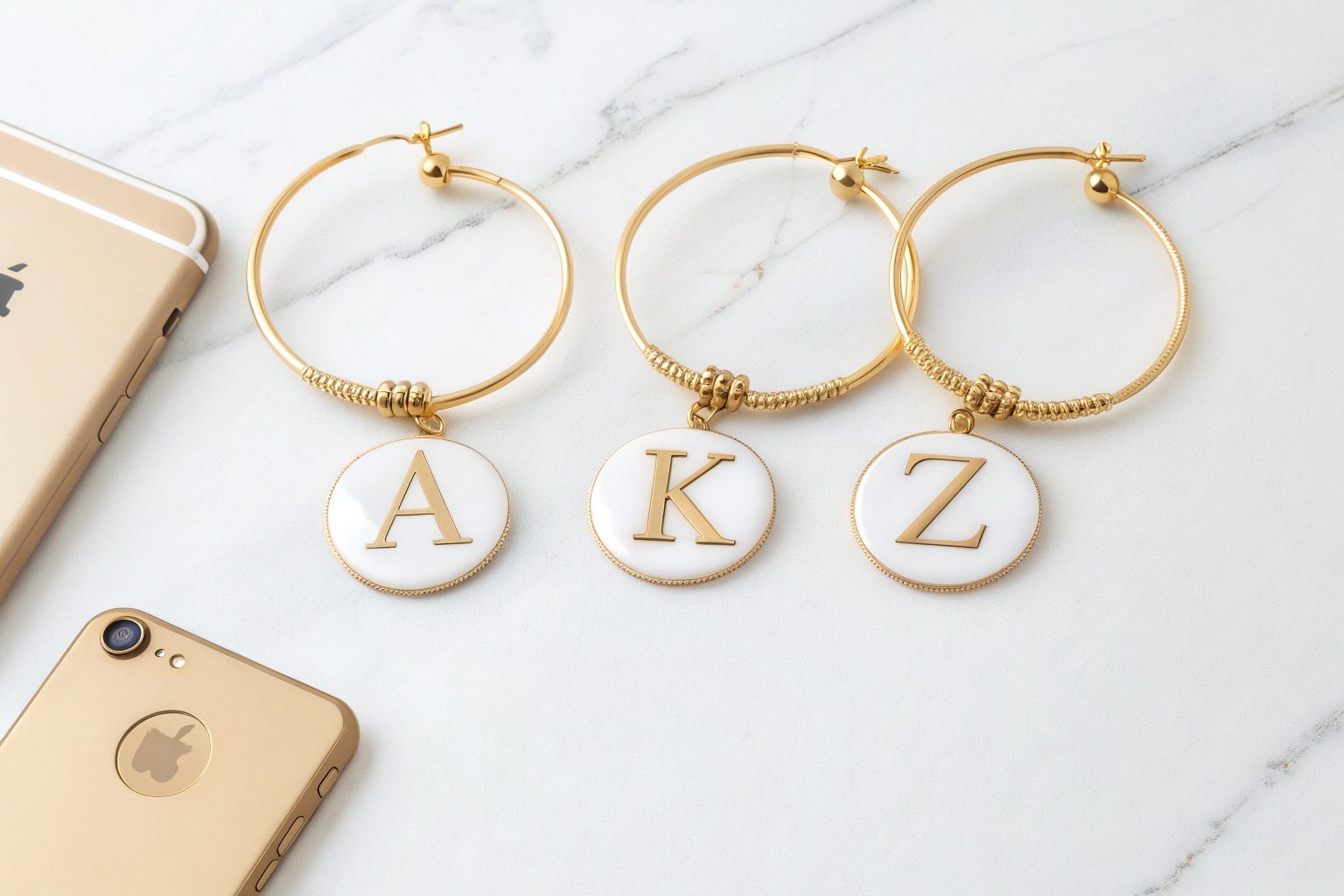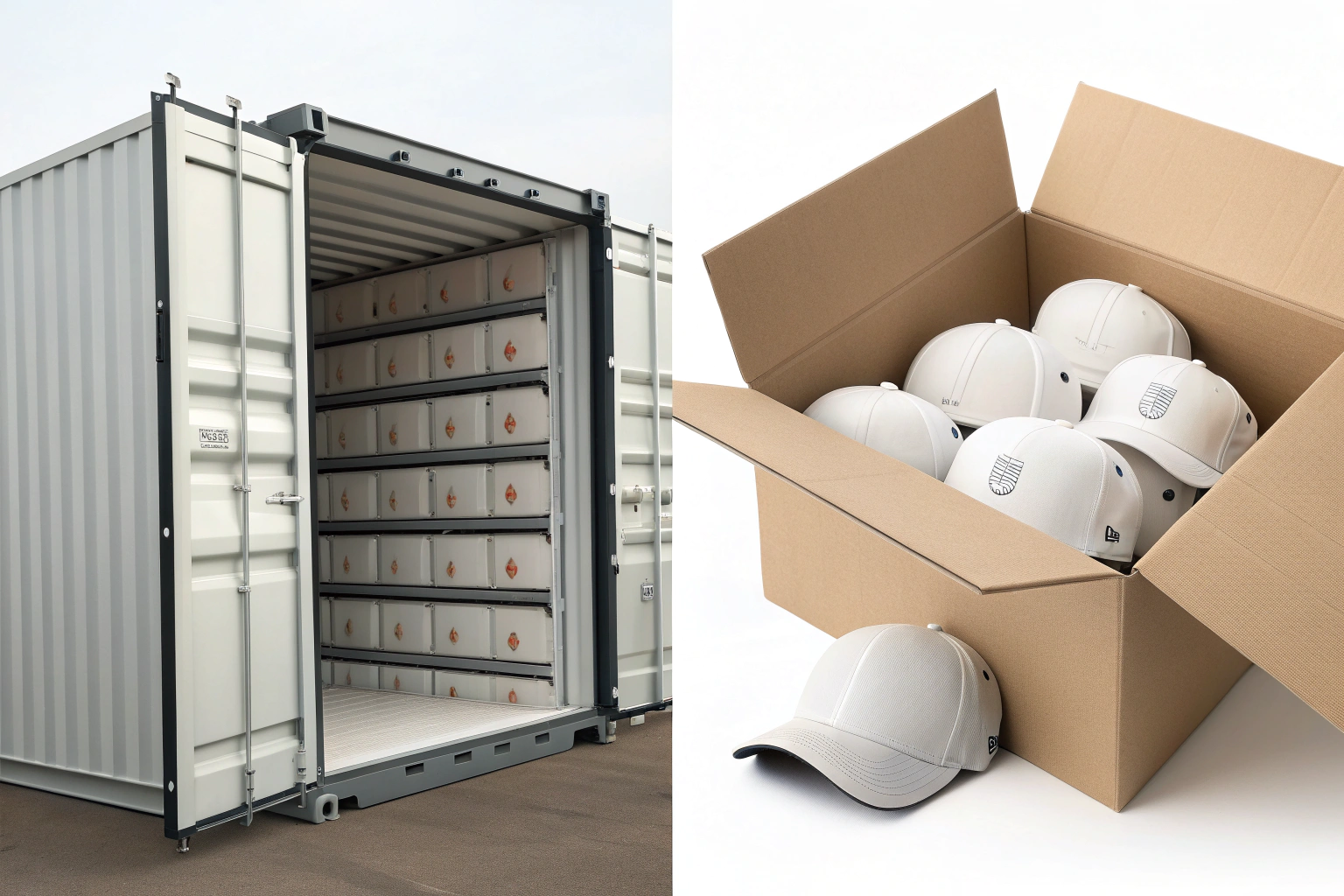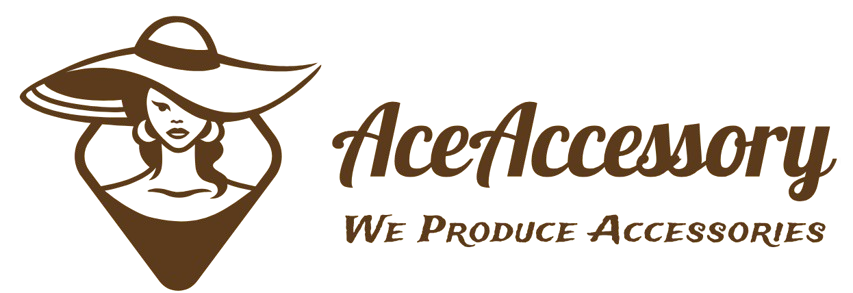Import duties can shrink your margins fast—especially when shipping light, low-cost accessories like scarves and gloves. But what if you could legally avoid some of those charges?
Yes, there are duty-free and reduced-duty options for importing scarves and gloves into the EU. These include low-value exemptions, origin-based preferences, and special customs procedures for businesses.
As a Chinese manufacturer exporting to Europe, I’ve helped dozens of clients reduce or eliminate duty costs. Whether you're shipping to Spain, Germany, or the UK, here's how to take advantage of these duty-saving strategies.
Do I have to pay duty on items shipped to Spain?
Spain follows standard EU customs rules—but duty may not apply in every case.
You must pay import duty on most items shipped to Spain unless they qualify for duty-free thresholds, preferential origin treatment, or special relief measures like low-value exemptions.
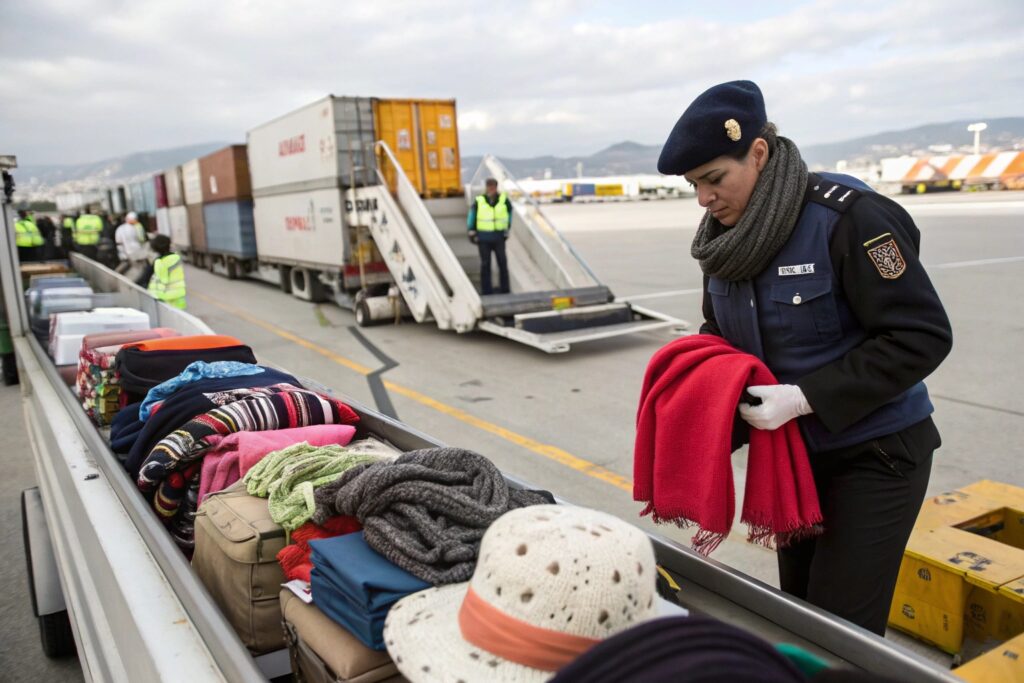
When do scarves and gloves avoid duty when entering Spain—and what rules apply?
Spain uses the EU’s Common Customs Tariff (CCT), so the duty rate depends on:
- Product classification (HS Code)
- Declared value (including shipping)
- Country of origin
For example:
| Product | HS Code | Avg. Duty Rate | VAT (Spain) | Notes |
|---|---|---|---|---|
| Polyester Scarf | 6214.30.0000 | 6.3% | 21% | Fabric blend matters |
| Wool Gloves | 6116.91.0000 | 8.5% | 21% | Lower for leather versions |
| Silk Scarf | 6214.10.0000 | 0%–2% | 21% | May qualify for duty-free |
If your shipment’s total value is under €150, you may qualify for duty relief. But VAT still applies, unless the buyer is VAT-registered.
Our Spanish clients often choose Delivered Duty Paid (DDP) to avoid confusion. We handle import, pay the fees, and deliver to their warehouse without any customs delays.
How do we help Spanish clients reduce their import burden?
- We declare accurate HS codes with materials and usage.
- We split bulk orders if needed to fall under value thresholds.
- We apply GSP or REX origin certificates when eligible.
We’ve saved clients up to €0.25 per unit by reclassifying synthetic gloves under a blended textile category.
What is the EU duty relief?
The EU does offer relief options for businesses and individuals—but many buyers don’t know how to apply.
EU duty relief includes exemptions for low-value shipments, temporary imports, inward processing, and preferential origin treatment under trade agreements.
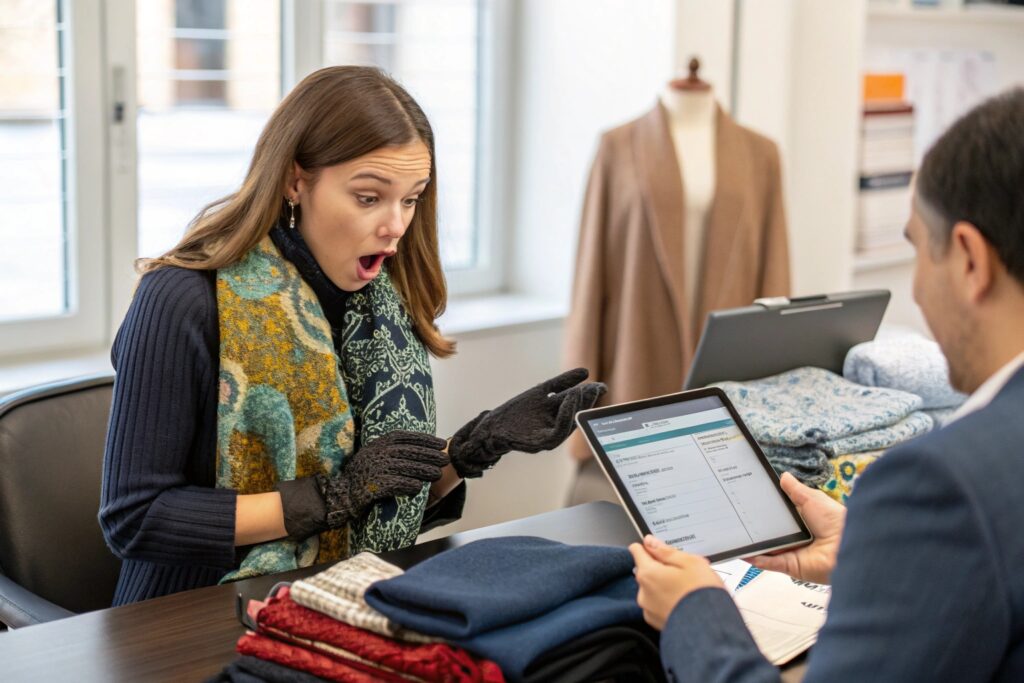
What kinds of EU duty relief apply to scarves and gloves, and how do you qualify?
Let’s look at the most relevant programs:
| Relief Type | Applies To | Key Condition |
|---|---|---|
| Low-Value Exemption | Orders under €150 (goods only) | No duty, but VAT still due |
| Returned Goods Relief | Reimports of previous exports | Must prove prior EU origin |
| Inward Processing | Goods processed then re-exported | No duty/VAT if not sold in EU |
| GSP (General Scheme) | From eligible developing nations | Certificate of origin required |
| REX System | Self-certification of origin | For registered exporters in China |
We help clients use GSP Form A or REX statements when possible. For scarves made from Chinese-origin polyester, this might not help—but if produced in Vietnam or Cambodia, duty savings could be 5–10%.
What is the easiest way to benefit from EU relief programs?
We offer:
- Pro forma invoice reviews
- HS code audits
- Preferential origin documentation
- DDP pricing with VAT-inclusive delivery
That’s how we help EU accessory buyers import without fear of surprise duties or missed discounts.
Do I have to pay import duty on personal items in the UK?
Since Brexit, UK customs has its own rules—separate from the EU.
Yes, in most cases, personal imports into the UK over £135 are subject to import VAT and potentially duty. There are exceptions for gifts and travelers, but business shipments usually require full declaration.
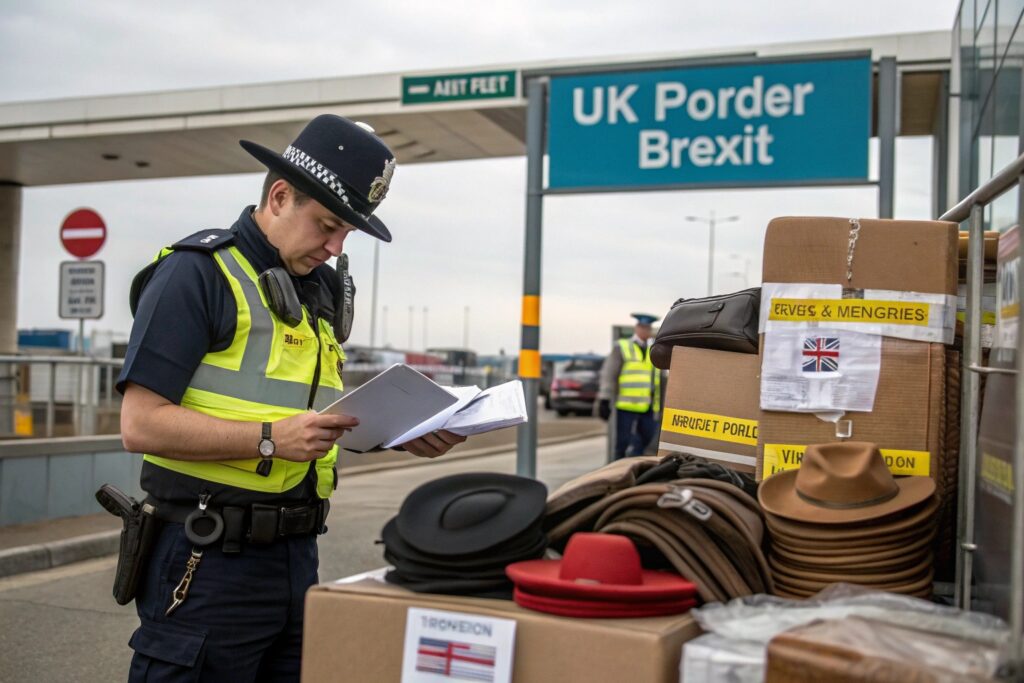
What are the UK rules for importing accessories like scarves and gloves?
Here’s how the UK handles personal and small business imports:
| Shipment Type | Duty? | VAT? | Special Rules |
|---|---|---|---|
| Gift under £39 | No | No | Must be marked as “gift” |
| Items under £135 | No | Yes | VAT paid at point of sale or entry |
| Items over £135 | Possibly | Yes | Requires EORI and declaration |
For example, a UK customer ordering £120 worth of scarves from China pays 20% VAT, but no duty. However, if the order is £200, both VAT and possibly duty apply.
We work with UK freight agents to declare shipments properly. For smaller retailers, we often recommend splitting shipments or using DDP terms so we handle all customs charges.
How can UK buyers simplify customs for accessories?
- Get an EORI number (needed for customs clearance)
- Use suppliers that offer DDP to UK
- Ask for HS code confirmation for each product
- Choose low-duty categories (e.g. cotton or silk)
One UK glove retailer saved £600 on a Q1 order after we switched their HS code from 6116.92 (high-duty synthetic) to 6116.10 (cotton blend) with a verified materials test.
How much can I import without paying duty in Germany?
Germany follows the EU-wide customs code, but interpretation can vary by port or broker.
You can import up to €150 in goods into Germany without paying customs duties, though VAT is still charged. Business imports must be properly declared regardless of value.

What duty-free options do accessory buyers in Germany have, and what are the exceptions?
Here’s a quick guide:
| Import Type | Duty-Free? | VAT-Free? | Notes |
|---|---|---|---|
| Goods ≤ €150 (non-business) | Yes | No | VAT (19%) still due at entry |
| B2B Orders of Any Value | No | No | Must use EORI, pay import charges |
| Temporary Imports | Yes (if re-exported) | Yes | For trade shows, sampling, etc. |
| GSP Origin Imports | Maybe | No | Must present origin certificate |
We’ve helped German clients reduce costs in several ways:
- Declare exact materials for gloves and scarves
- Use GSP certificates where applicable
- Split bulk orders into low-value shipments
For example, splitting a €3,000 scarf order into 5 shipments helped a boutique in Berlin manage inventory while reducing upfront duty costs.
How do we support our German buyers?
- DDP delivery across Germany within 48 hours of port clearance
- Harmonized invoicing in German/English
- Support for customs brokers in Hamburg and Munich
- Ongoing updates on EU tariff changes
Conclusion
Duty-free importing is possible if you understand EU rules and plan carefully. With the right HS codes, value declarations, and shipping terms, you can reduce costs and import scarves and gloves from China smoothly into Europe.


